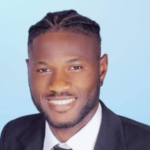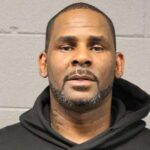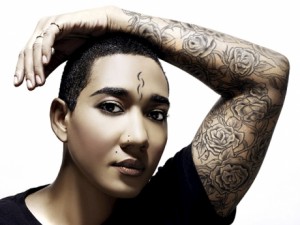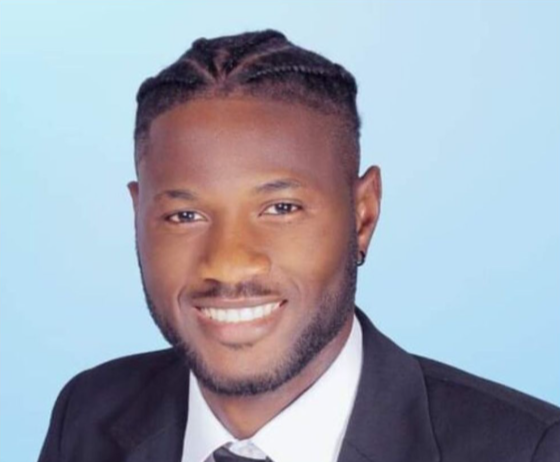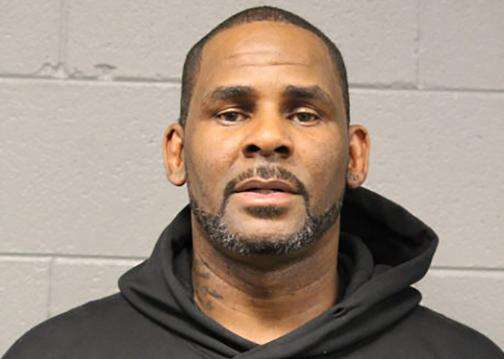She’s unconventional, a pioneer in a male-dominated industry, but overall she’s the soulful voice of reggae that has endured since the early ’90s. Jamaica’s Diana King has done it all during her time in the spotlight. Hitting global superstardom after appearing on Notorious B.I.G.’s tune Respect,
she then created the hit track Shy Guy for the Will Smith blockbuster Bad Boys.
This Saturday she’s performing at the monthly Reggae Beachfest at XL Club, the Habtoor Grand, Dubai.
Here we speak to Diana to find out more about her life in music.
During your career, how do you think reggae and dancehall has evolved with regards to the acceptance and promotion of female artists?
It’s still a male-dominated business. There are a few holding their own like Tanya Stephens and Etana. Tessanne Chin who recently won The Voice in America. She was down in Jamaica singing for years without getting noticed. We just don’t get the same respect, especially if you are not singing songs that bash other females.
 Did you encounter any barriers before you became successful? What were they and how did you overcome them?
Did you encounter any barriers before you became successful? What were they and how did you overcome them?
What I mostly encountered was that no one knew what to do with a voice like mine because it wasn’t the typical voice and style that was popular at the time. It was different. So, producers would not offer to work with me and if by chance someone did, they always wanted me to change.
This was very frustrating but I held on and in time I was noticed for the very thing that others wanted to change. I also dealt with a lot of disrespect because I was a woman. Generally, I don’t think women are given the same respect, no matter how much talent they have. So from early in my career I realised that and knew that I had to learn as much as I could for myself and stand up for myself.
It used to bother me when I was not included in a lot of things but now it’s all right. If I loose out on anything, as long as I have stood up for something, then I am fine with that. As the saying goes, “I’d rather be hated for being myself, than loved for being someone I’m not.”
What would your advice be to a female artist starting out today?
I’d say, work hard at being the best ‘YOU’ you can be. Don’t watch what any other person is doing. And while you are working on you, learn all you can about the music business and your rights because no one hardly ever volunteers this information to you as a female. Ask for and stand up for what you feel you deserve and don’t ever sell yourself short just to get a break.
Who did you look up to when you first began your career? Do you think female artists have many role models that lead by example?
All types of people influenced me. From artists to activists to just people I met on the street everyday. There are always role models everywhere if you are looking and open. The thing is, everyone is human. Once you can accept that, then you won’t be too disappointed in anyone. Always take the message from the madness and hopefully somewhere along the way, you learn how to lead by example.
What are your thoughts on the music industry as a whole for female artists? Do you think other genres are easier to get into?
I do not think it’s easier. Every female artist has their own story. No matter where they are from or what kind of music they perform. Unfortunately, I think many of us have come to expect second-class treatment because we live it everyday – in an unusual way it is normal for us. And you don’t need to be an artist to feel that. Every woman can relate.
Many just fall in line and do their best to work with the program. It doesn’t feel good nor fair, but until we become more vocal about these things and/or maybe witness other females stepping up and out and follow their lead – I’m afraid It will be the same way it is now, for a long time.
How do you find touring these days?
It’s different but definitely still fun. I’m an independent artist now by choice who is managing and booking myself along with my team. Once you adapt to the change it’s pretty smooth.
